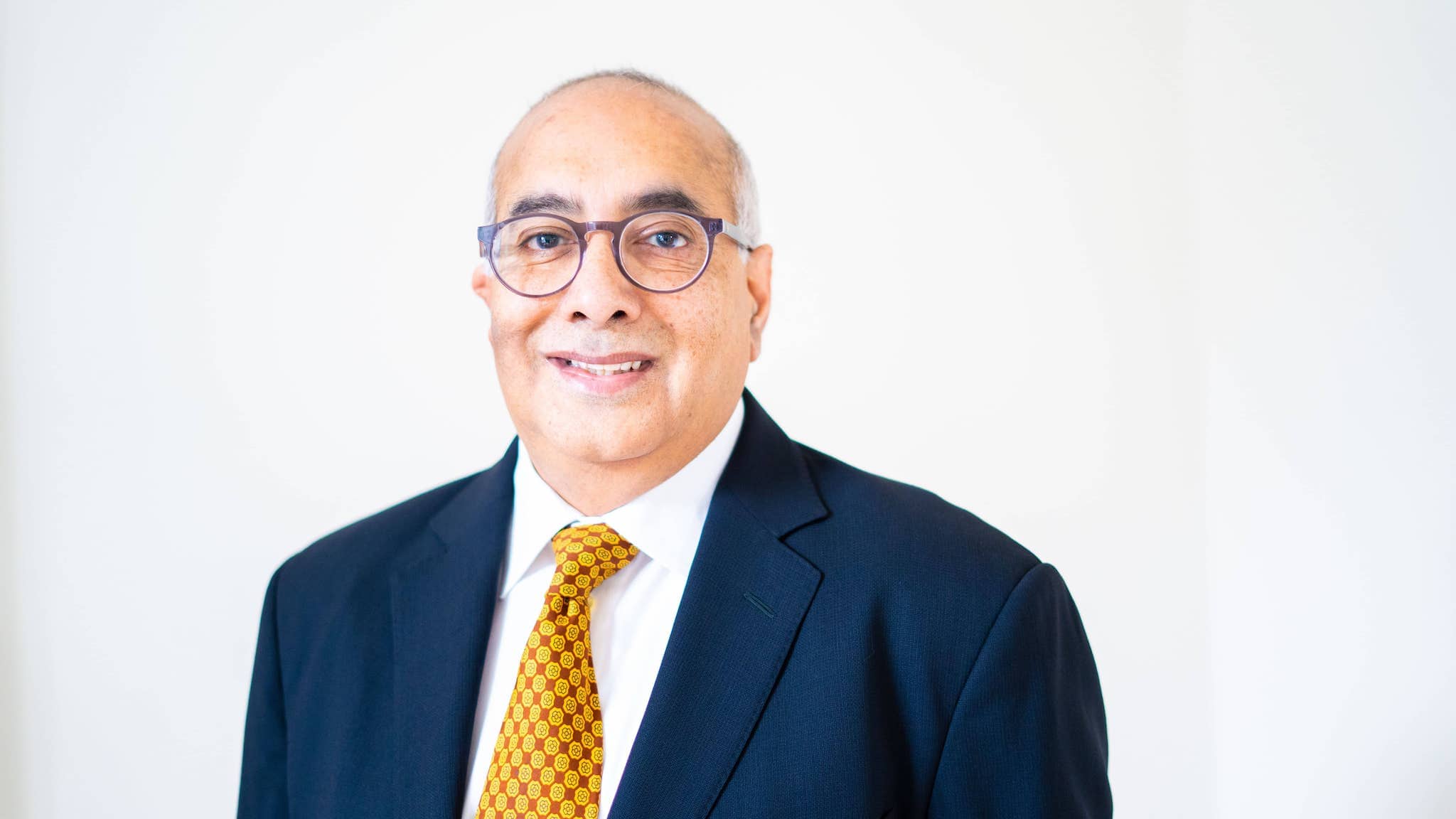Over the years, I’ve been deeply moved by the stories of many patients, but one particularly stands out. A woman talked about her teenage daughter’s Wilson disease — a rare genetic disorder characterised by over-accumulation of copper.
Progression of Wilson disease
Initially misdiagnosed as a mental health disorder, her condition worsened year by year. By the time her disease was correctly identified, she was wheelchair-bound. Her story is a stark reminder of the challenges faced by too many individuals with rare diseases.
Challenges for patients and families
The healthcare industry’s focus has historically been on prevalent diseases. The US National Institutes of Health (NIH) reports that there are over 7,000 rare diseases globally, with many lacking effective treatments. Many rare diseases are still neglected, under-diagnosed and poorly understood. They pose significant challenges to affected individuals and their families. They can profoundly affect various aspects of family dynamics, emotional wellbeing, financial stability and social interactions.
With collective expertise and determination,
we are beginning to see breakthroughs.
Research challenges and progress
Fortunately, progress is being made. Collaborations are emerging between researchers, pharmaceutical companies and patient advocacy groups. Biogen’s recent acquisition of rare disease company Reata is one example of this new focus, and it is encouraging to see major players in biotech and pharma recognise the value of rare disease research.
Challenges include limited funding, smaller patient cohorts and the complexity of the disorders. Yet, with collective expertise and determination, we are beginning to see breakthroughs. Innovation in genomics and sophisticated diagnostic techniques are beginning to offer more precise diagnoses, paving the way for personalised treatments. Advances in gene and cell therapies are increasingly directed towards the unmet need of rare diseases.
Driven by human centricity
Above all, raising awareness of these illnesses and their small patient populations is helping to galvanise the research, medical and pharma communities into action. Behind every statistic is a person; a family; a story. This drives the passion of all who work in rare disease, including the Orphalan team. Rare disease research matters because every patient matters, irrespective of the prevalence of their illness.
Naseem Amin, MD
CEO, Orphalan


